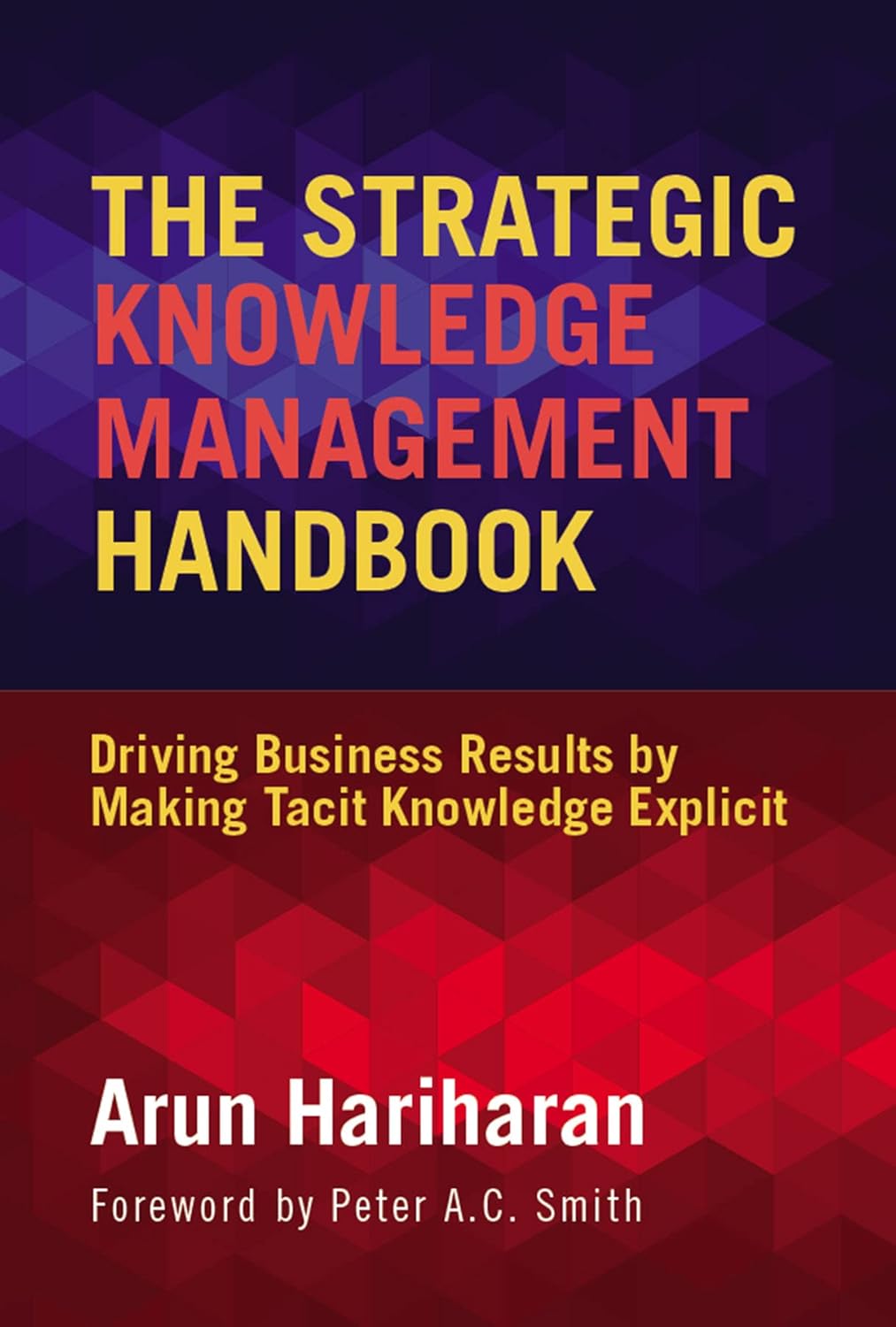
Explicit Knowledge
What is Explicit Knowledge?
Explicit knowledge refers to information that is easy to articulate, document, and share. Organizations structure and store this knowledge in manuals, reports, databases, or training materials. Formal processes often create this type of knowledge, and organizations make it readily accessible to others within. Unlike tacit knowledge based on personal experience and intuition, explicit knowledge is codified and easily transferable between individuals or teams.
In project management, this knowledge supports consistency, reduces learning curves, and enables clear communication. It is critical in documentation, training, and knowledge sharing across projects and departments.
Key Points
- Explicit knowledge is easy to document, store, and retrieve.
- It includes project plans, process guides, standard operating procedures, and historical data.
- This knowledge type supports knowledge transfer, especially in onboarding and cross-functional collaboration.
- Project teams rely on it for decision-making, quality control, and risk management.
- It complements tacit knowledge by offering a reference point for action or discussion.
Related Terms
- Tacit knowledge is often contrasted with explicit knowledge because it is based on personal experience and is more challenging to formalize or communicate.
- Knowledge management refers to the systems and practices used to capture, store, and share explicit and tacit knowledge within an organization.
- Organizational learning involves using explicit knowledge to improve processes, outcomes, and decision-making over time.
- Documentation is a key method for capturing explicit knowledge in project records, training manuals, or internal databases.
- Lessons learned are a specific form of explicit knowledge gained from completed projects that can be used to improve future project performance.
Explicit Knowledge: Example
A project manager creates a risk management plan outlining potential risks, impacts, and mitigation strategies. The project manager shares the plan with the entire team and incorporates it into the project’s official records. Because team members write and standardize it, any new team member can review it to understand the project’s risk landscape without requiring additional verbal explanation.
Explicit Knowledge: Best Practices
- Use consistent formats and templates for documenting project information.
- Store documents in centralized, searchable repositories.
- Review and update knowledge assets regularly to ensure relevance.
- Encourage team members to contribute to shared knowledge bases.
- Leverage project debriefs to convert experiences into documented insights.
Additional Resources
Preparing for a PMI certification?
- Exam Prep Courses: PMP®, CAPM®, and PMI-ACP®
- Exam Simulators: PMP®, CAPM®, PMI-ACP®, PMI-PBA®, PMI-RMP®, PMI-SP®, PgMP®, and PfMP®
- Professional Development Units (PDUs): 15, 30, and 60 PDU Bundles




